Motorcycle Safety Awareness

Stay safe as the spring riding season begins
After a long winter, motorcyclists are coming out of hibernation and reclaiming their place on the streets. Unfortunately, spring is usually the most dangerous time of the year to ride as riders shake off the rust and other motorists learn to start sharing the road once again with motorcycles.
Of course, if you’re lucky enough to live in an area where you can comfortably ride year-round (is there even such a thing as “spring” in LA?) you may not have had any downtime. But for the rest of us, including me up here in Toronto, riding season is only just starting.
Motorcycle Beginner: Rider Training
That’s why the Humber College Motorcycle Rider Training Program in Toronto and representatives from several local and provincial police departments gathered together to demonstrate proper riding technique and promote motorcycle safety awareness.
Event organizers picked a good day for it. The skies were clear, the sun was brilliant, and the 50-degree temperatures erased all remnants of the snow we received just four days earlier.
“Taking a motorcycle out today is a great idea. But in doing so you must be aware that today is the kind of day, bright and sunny, when you need to be on top of your game,” says Toronto Police Services Superintendent Gord Jones. “Statistically, today is the type of day that you are more likely to be involved in a fatal collision regardless of if you are walking, cycling, driving, or operating a motorcycle.”
The key message of the day is that motorcycle riding is a perishable skill and that it takes some practice to regain the proper technique, muscle memory and observational skills required to safely operate a motorcycle.
“We have to be cognizant of over-enthusiasm and making sure that the skill matches the time of the year,” says Andy Hertel, manager of Humber’s motorcycle program. “We always encourage people to get some training, be that formal or informal. Simply taking your motorcycle to a parking lot and practicing slower-speed controls is definitely a step in the right direction.”
Of course, it’s not just riders who are rusty. As more motorcyclists return, other motorists that had the streets to themselves over the winter have to learn to share the roads once again. Even the streets themselves will need time to return to prime riding condition.
Advanced Rider Training Buyers Guide
“After a winter where they’ve put salt, they’ve put sand – we had an ice storm this year – there’s still debris and branches on the road, there’s potholes due to the frost heaving. The roads are not in the best condition either,” Hertel notes.

Dennis has been a part of the Motorcycle.com team since 2008, and through his tenure, has developed a firm grasp of industry trends, and a solid sense of what's to come. A bloodhound when it comes to tracking information on new motorcycles, if there's a new model on the horizon, you'll probably hear about it from him first.
More by Dennis Chung



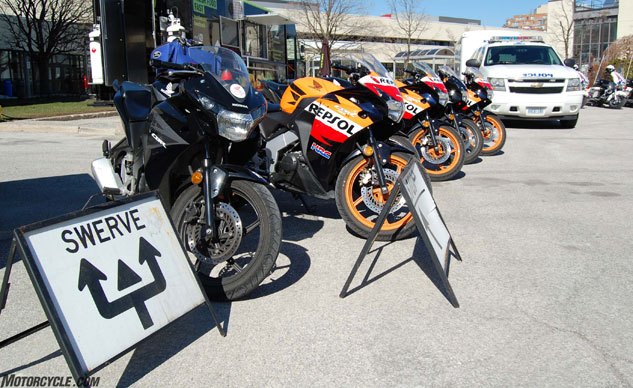
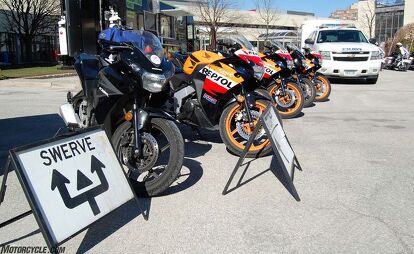


























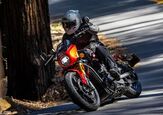
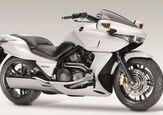
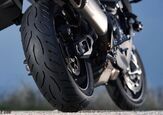
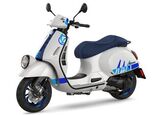
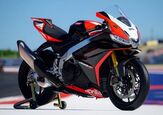



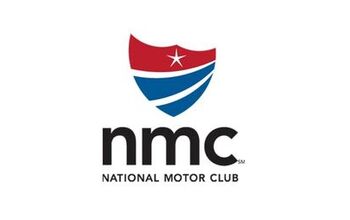
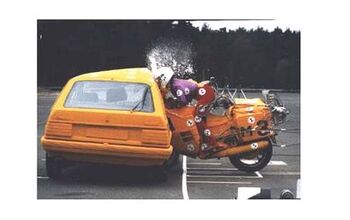
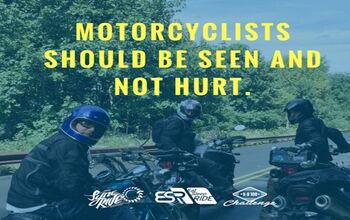
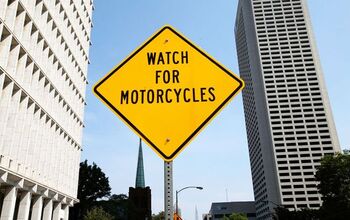
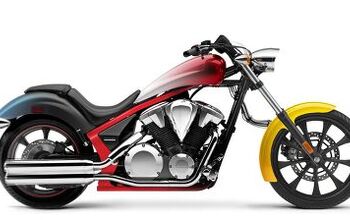

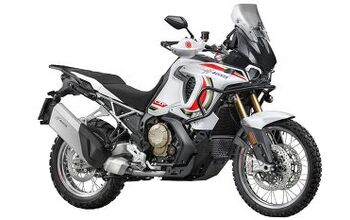
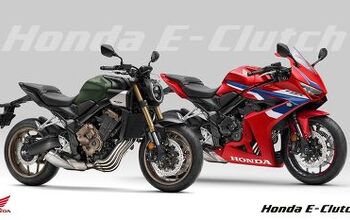

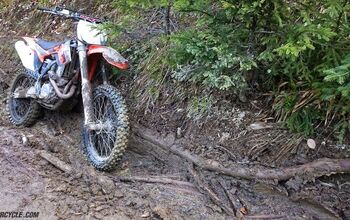


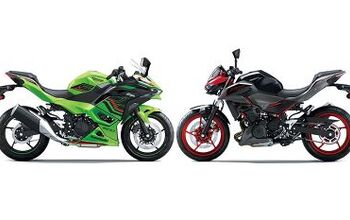


Comments
Join the conversation